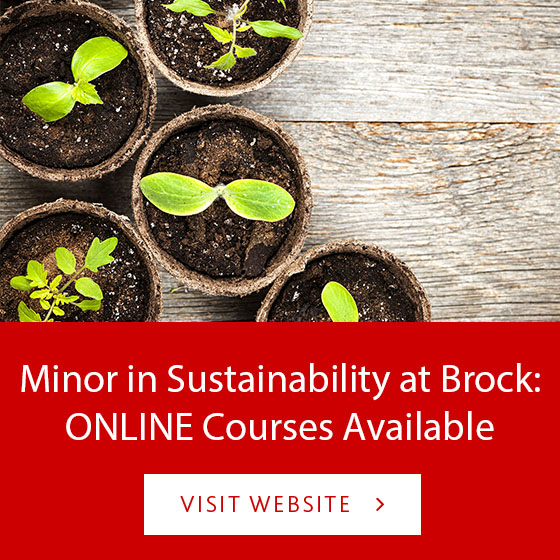Published on November 18 2015
From The Brock News, November 16, 2015
If you can’t stand the heat, get out of the … water?
This is what one particular fish does when its home in tropical mangroves get “too hot for comfort,” a recent research team that included Brock biologist and ESRC member, Glenn Tattersall, has shown.
Tiny, silver amphibious fish called the mangrove rivulus (Kryptolebias marmoratus), which look a bit like miniature sardines, were long known to jump out of the waters where they live, located in swamps from the southern United States to Brazil.
Tattersall and the research team, led by biologist Patricia Wright at Guelph University, reared the mangrove rivulus fish for one year in water that was either at 25 or 30°C.
Then, a webcam recorded the fish’s behaviour and body temperature as the researchers slowly raised the water temperature. The scientists were testing for two things: the temperature at which the fish would jump out of the water to avoid the heat; and whether or not being raised in different water temperatures would affect how much heat the fish could stand.
The researchers found the fish jumped out of the water at around 35°C regardless of the water temperature at which they were raised.
The team also wanted to know how quickly the fish’s body temperature cooled under various environmental conditions once the fish was out of the water.
To do this, researchers had the fish jump onto filter papers that had varying degrees of humidity. The bodies of all fish started cooling in as little as 30 seconds and were cooler than the filter paper within one minute. The less humid the filter paper, the cooler were the fish, regardless of air temperature.
“These results provide evidence of behavioural avoidance of high temperatures and the first quantification of evaporative cooling in an amphibious fish,” concludes the paper, a “flexibility that may be important for tropical amphibious fishes under increasing pressures from climatic change.”
Tattersall said for the study, the fish were returned to the water so they didn’t die.
“That’s the whole point of the study. If the water is too hot, they know to jump out and then they cool off since evaporation on land occurs. But they go back and forth between aquatic and terrestrial environments,” he said.
He noted that Wright has studied the fish after they jump out of the water in her lab and found they can survive for 20 days out of water.
The team’s research, titled “Out of the frying pan into the air—emersion behaviour and evaporative heat loss in an amphibious mangrove fish (Kryptolebias marmoratus),” was published in late October in the journalBiology Letters.
Fish that can take advantage of evaporative cooling may have an evolutionary advantage over fully aquatic fish in coming years as coastal waters warm because of climate change, the researchers suggest.
Article from The Brock News: https://brocku.ca/brock-news/2015/11/brock-researcher-on-team-that-studies-how-fish-keeps-cool/
